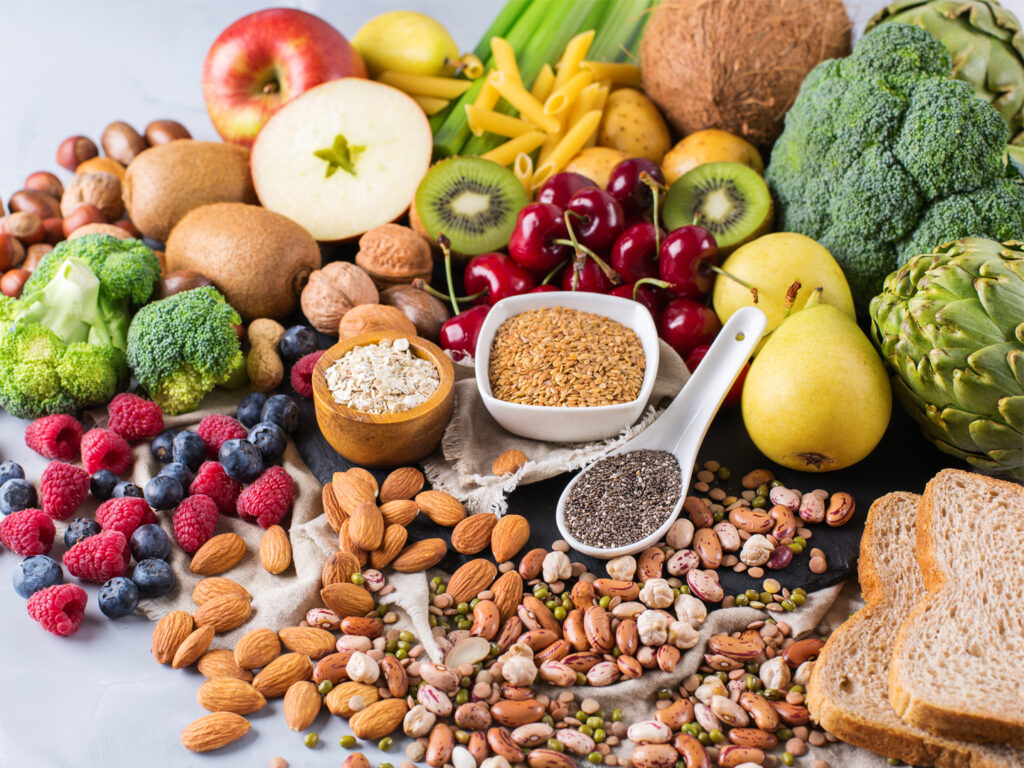The digestive fire is strongest during winter. The cold weather ignites the digestive fire, and the body requires more fuel to stay warm and healthy. In such cases, our body looks for nutritive diet, with larger quantities of food. The winter diet needs to be supportive and balance vata dosha and kapha doshas. Here’s a checklist for a healthy winter comprehensive diet.
Oily, Spicy Foods
Warm, cooked, slightly oily, well-spiced foods, favoring a balance of the sweet, sour, salty, pungent and bitter tastes is more ideal. Drink room temperature, warm, or hot refreshments and maintain a strategic distance from frosted or chilled drinks, if conceivable. You can build warmth and flow while ensuring clean and clear respiratory entries by drinking a tea bubbled for five minutes with ½ teaspoon each of dried ginger, cinnamon, and clove.
Hearty, Healthy Veggies
Healthy, heating vegetables like radishes, cooked spinach, onions, carrots, and other root vegetables are for the most part generally welcomed this season, as are hot flavors like garlic, ginger, dark pepper, cayenne, and bean stew peppers. Cooked grains like cereal, cornmeal, grain, custard, rice, or kitchari make great breakfast, and snacks and suppers of steamed vegetables, entire wheat breads, and soft soups are perfect. Legumes are by and large useful for kapha, yet they ought to be well-cooked, spiced,with a touch of ghee so as not to change vata.
Fiber-Rich Foods
Fiber-rich foods are abundant in the fall and winter to support better intestinal health. You can get your fiber from wheat, seeds, most grains, rye, and rice. Apples also have a lot of fiber.
Water-Diet Cleanse
Your body responds to an occasional water-diet cleanse, especially for those prone to kapha imbalances like cold or congestion. Reduce or avoid dairy, cold, damp foods, excessively sweet foods, overly heavy or oily foods, and frozen foods.
More Protein
Winter is also a great time to enjoy eggs (especially poached or hard-boiled) and meats like chicken, turkey, rabbit, and venison. In the evenings—either before or after dinner—you can treat yourself to a few ounces of dry, red wine. And while dairy is best reduced in the winter months, a cup of hot, spiced milk with a pinch of turmeric or dried ginger and nutmeg before bed can help to encourage sound sleep and should not be overly congesting.
Overall, adapting to a winter comprehensive lifestyle can empower healthy living. From a supportive winter diet to yoga and exercises, follow this guide for a hassle-free holiday!








